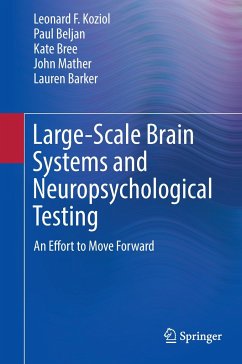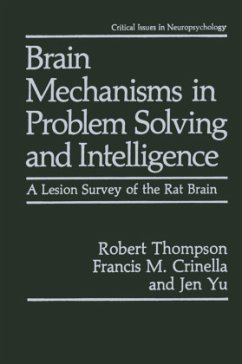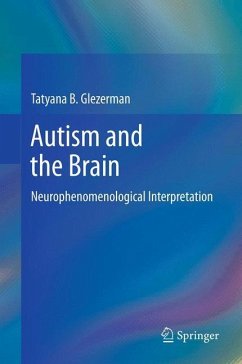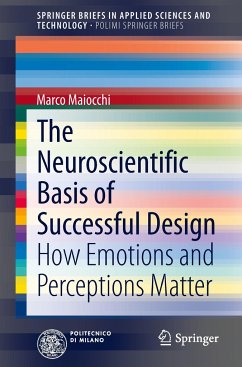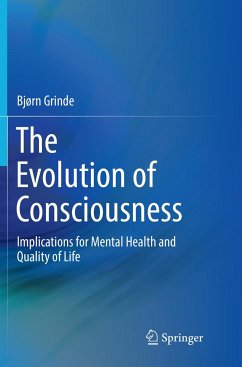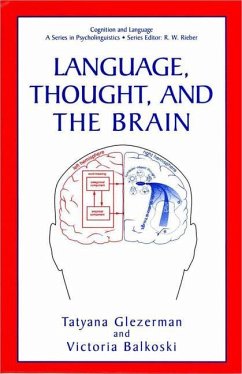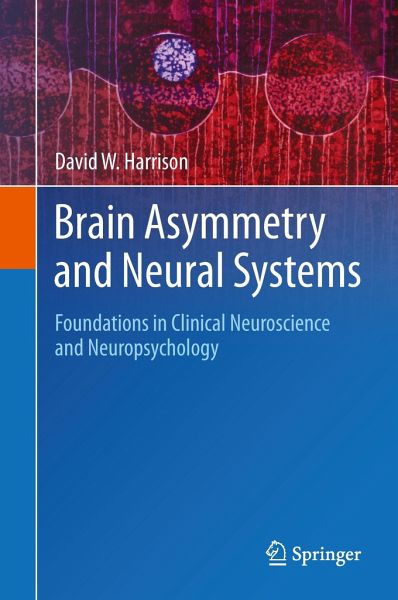
Brain Asymmetry and Neural Systems
Foundations in Clinical Neuroscience and Neuropsychology
Versandkostenfrei!
Versandfertig in 6-10 Tagen
85,99 €
inkl. MwSt.
Weitere Ausgaben:

PAYBACK Punkte
43 °P sammeln!
The proposed book investigates brain asymmetry from the perspective of functional neural systems theory, a foundational approach for the topic. There is currently no such book available on the market and there is a need for a neuroscience book, with a focus on the functional asymmetry of these two integrated and dynamic brains using historical and modern clinical and experimental research findings with the field. The book provides evidence from multiple methodologies, including clinical lesion studies, brain stimulation, and modern imaging techniques. The author has successfully used the book ...
The proposed book investigates brain asymmetry from the perspective of functional neural systems theory, a foundational approach for the topic. There is currently no such book available on the market and there is a need for a neuroscience book, with a focus on the functional asymmetry of these two integrated and dynamic brains using historical and modern clinical and experimental research findings with the field. The book provides evidence from multiple methodologies, including clinical lesion studies, brain stimulation, and modern imaging techniques. The author has successfully used the book in doctoral and advances undergraduate courses on neuroscience and neuropsychology. It has also been used to teach a course on the biological basis of behavior and could be used in a variety of contexts and courses.





